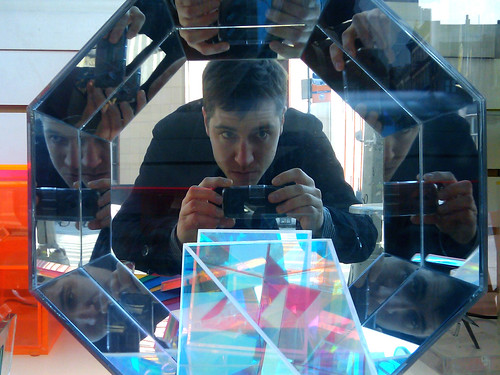Last week’s New Yorker had a great profile of novelist Ian McEwan, the guy who wrote Atonement, among other things (sorry, it’s not available for free online. Abstract here). Nestled at the very end of the piece was a quote from McEwan’s novel Saturday describing a surgeon’s experience in the operating theater. It is the most resonant description I’ve encountered of what writing prose does for me, what it feels like and what it is.
For the past two hours he’s been in a dream of absorption that has dissolved all sense of time, and all awareness of the other parts of his life. Even his awareness of his own existence has vanished. He’s been delivered into a pure present, free of the weight of the past or any anxieties about the future. In retrospect, thought never at the time, it feels like profound happiness. It’s a little like sex, in that he feels himself in another medium, but it’s less obviously pleasurable, and clearly not sensual.
This state of mind brings a contentment he never finds with any passive form of entertainment. Books, cinema, even music can’t bring him to this. … This benevolent dissociation seems to require difficulty, prolonged demands on concentration and skills, pressure, problems to be solved, even danger. He feels calm, and spacious, fully qualified to exist. It’s a feeling of clarified emptiness, of deep, muted joy.
There are a lot of phenomenal parallels to meditation, but I wonder if writing (or painting or composing or taking photographs) is a more direct route – a kind of accelerated meditative concentration. Call it flow. It both empties and gives a sense of fullness, of belonging in oneself, but being “fully qualified to exist.”
I can think of nothing more wonderful.

